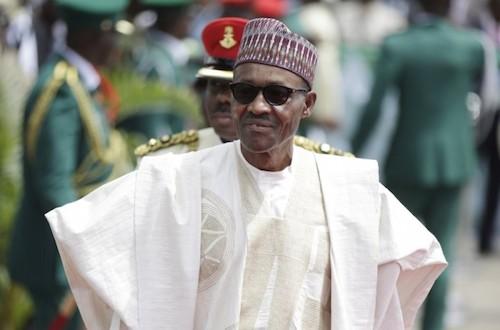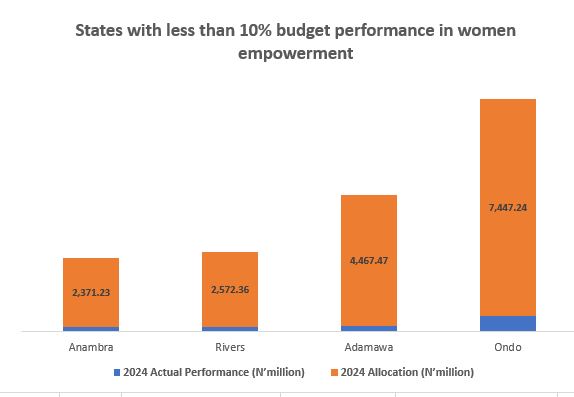As newly sworn-in president Muhammadu Buhari commits to giving the micro, small and medium enterprises (MSMEs) tonic for growth, stakeholders have outlined challenges facing this segment of the economy which creates over 90 percent of jobs for the populace and contributes about 45 percent to the Gross Domestic Product.
In his inaugural speech last Friday, Buhari said, ŌĆ£We intend to attack the problem (of unemployment) frontally throughŌĆ” credit to small- and medium-size businesses, to kick ŌĆō start these enterprises.ŌĆØ
BuhariŌĆÖs emphasis on addressing the problems of MSMEs is seen as a stimulus and part of his plans to stem the 24 percent unemployment rate and attendant pains, say analysts.
While hailing BuhariŌĆÖs commitment to this segment of the economy, stakeholders say there are other salient issues that need to be addressed.
ŌĆ£Giving credit is good, but he needs to address the challenge of capacity bedevilling this sector,ŌĆØ sald Wale Ogunsola, head of SMEs at Nextzon Business Services, based in Lagos.
Abdurahaman Modibbo Girei, president, Adamawa Chamber of Commerce and Industry, said Buhari will also need to persuade banks to reduce collateral demands from MSMEs or guarantee loans on their behalf.
ŌĆ£This is an important policy statement. This will be a real change if his government can provide resources to support this,ŌĆØ Girei said.┬Ā

MSMEs are businesses that have less than 200 employees, assets below N500 million or an annual turnover of N500 million or less, According to the Bank of Industry.
Data show MSMEs borrow from banks and other financial institutions at interest rates hovering between 17 and 35 percent. Worse still, bank loans are often short-term and do not give room for expansion and job creation, according to analysts.
ŌĆ£This is why we say that the Development Bank of Nigeria should be fast-tracked,ŌĆØ said Frank Udemba Jacobs, president, Manufacturers Association of Nigeria, during a briefing with journalists in Lagos.
ŌĆ£Constraints to finance should be seriously addressed through the provision of specialised MSMEs funding windows at single-digit interest rate,ŌĆØ Jacobs added, in a separate letter to Buhari.
More than 80,000 shoe, bag, belt and trunk box manufacturers in Aba, Abia State, the industrial hub of the South-Eastern Nigeria, are choked by poor access to finance to drive a $680 million sector.
ŌĆ£We often approach banks for finance but they give us difficult conditions that we cannot meet. It is difficult because many of us are in the small- and medium-scale category,ŌĆØ Nnabugwu Osondu, secretary, Abia State Shoe, Bag, Belt and Trunk Box Association, said in a telephone interview with BusinessDay.
Experts say the best way to spur MSMEs is to cluster them. Clustering can occur for businesses with similar services. ┬Ā But achieving this requires regular supply of electricity which is lacking in many parts of the country owing to poor delivery by the new power managers.
Most MSMEs consume tens of litres of fuel to keep up their productive activities. This diminishes their growth trajectories and affects their margins and capacity to create jobs.
ŌĆ£You will discover that many of them rely on alternative sources of power. If you move closer to them, you will hear lamentations on how much they spend daily on this,ŌĆØ said Muda Yusuf, director-general, Lagos Chamber of Commerce, in an interview with BusinessDay.
MSMEs in the country also face logistics and transport challenges, along with theft and harassment by touts who pose as tax collectors. There were situations where over 20 agencies and government tax collectors visited an SME, making outrageous demands.
ŌĆ£A multiplicity of taxes and overlapping of the duties of regulatory agencies need be addressed,ŌĆØ┬Ā said Bassey E.O Edem, acting national president, Nigerian Association of Chambers of Commerce, Industry, Mines and Agriculture (NACCIMA), during a briefing with journalists in Lagos recently.
ODINAKA ANUDU










